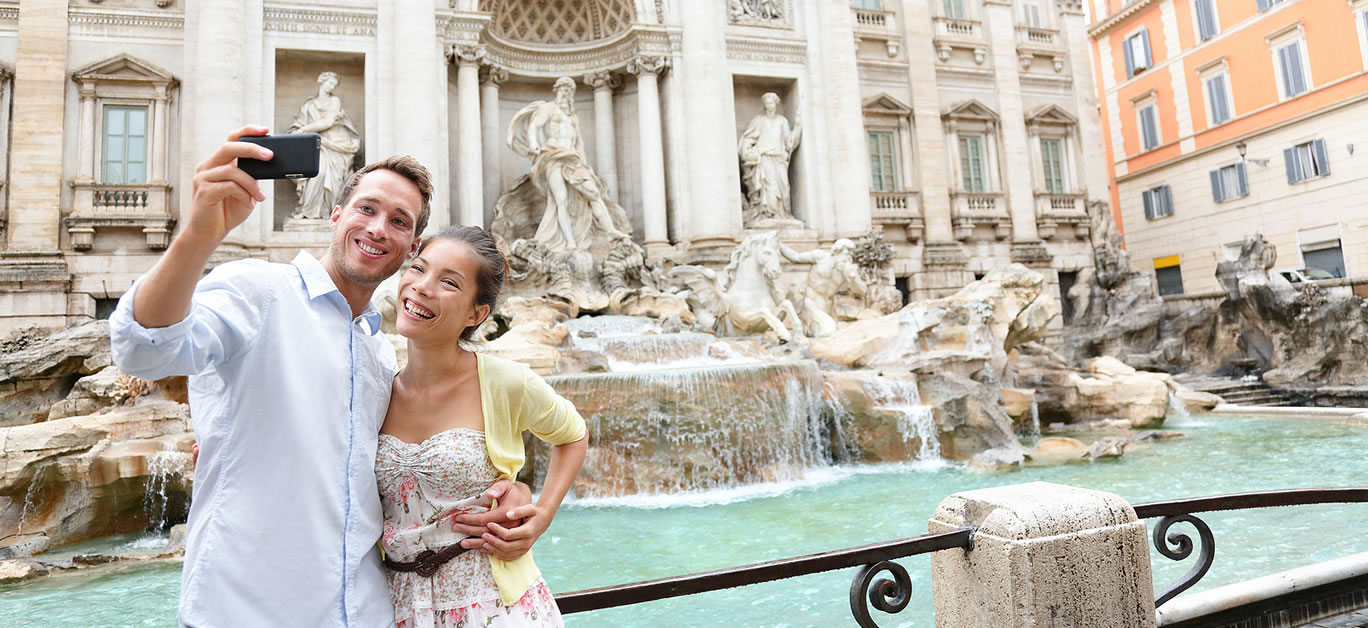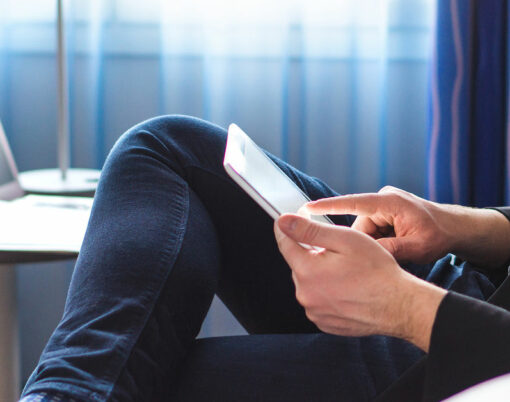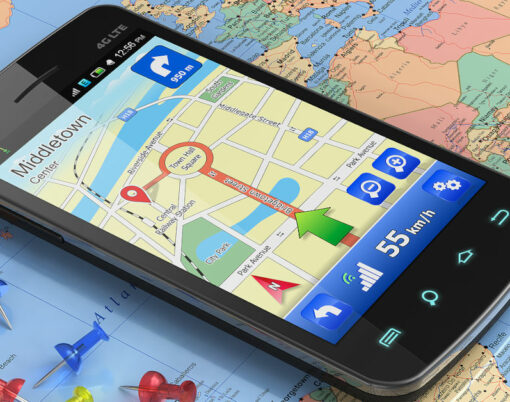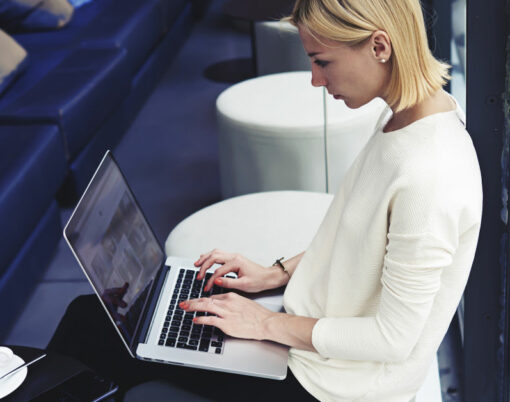The last few years has seen a reduction in foreign travel due to the Covid pandemic. But with vaccinations working and restrictions reducing, holidays and work visits abroad are coming back on the agenda. However, in the same way that the holiday vibe can mean that we eat and drink more, exercise less and generally let our guard down during these periods of relaxation, it is easy to fall under the illusion that privacy is not something we need to worry about on holiday. However, the opposite is true, and you may in fact be more exposed to privacy threats when away from your normal surroundings.
Here, Eva Wallace, a specialist lawyer in the reputation and privacy department at Vardags, looks at some tips to make sure you are aware of the risks and are equipped with the knowledge to protect yourself and your privacy when you are away from home.
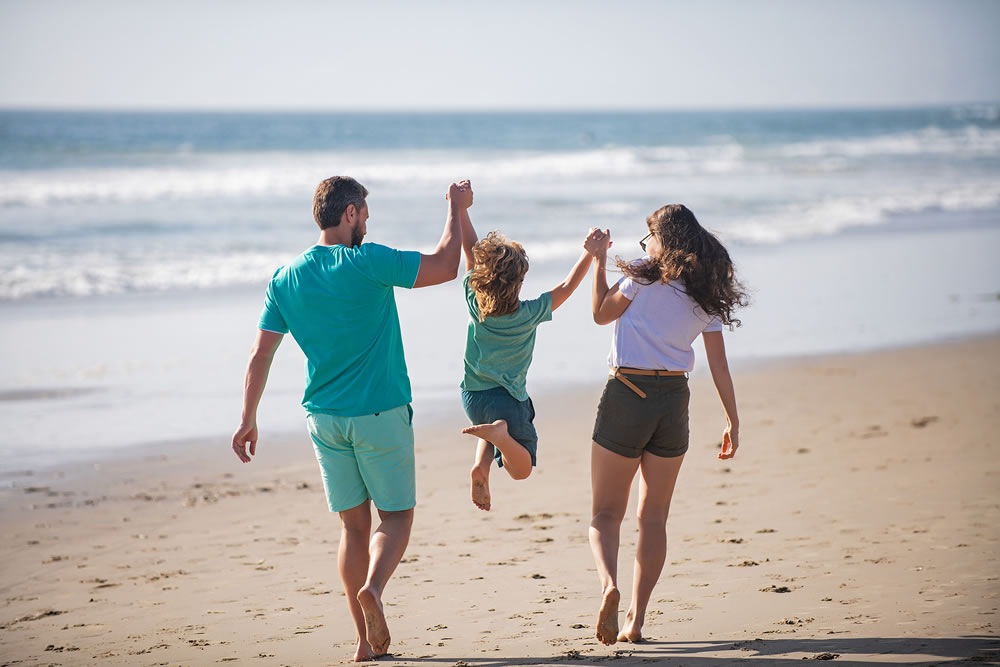
Remain vigilant
The first thing to remember is, just because you are on holiday, those wanting to breach your privacy are not. When travelling, and likely in unfamiliar surroundings, you are more vulnerable. As such, you need to be on top of your game when it comes to safeguarding your privacy.
So do relax, enjoy some well-earned R and R, but do not let your guard down on keeping your information safe and secure. Remaining alert to this risk alone will help ensure that you remain protected.
Refrain from using social media to advertise your movements
Social media has become a part of everyday life and it can be easy to forget the rippling effect that oversharing can have. This is particularly the case where you share details and information about being away from home. As tempting as it can be to share photos or Instagram stories (and more), often tagging the details of your exotic location, there are many risks you need to be aware of. Namely:
By posting and tagging your location, you are alerting others to the fact that you are away from home. Particularly for high-profile individuals, sharing details of your location is likely to attract unwanted attention. There is a common assumption that, if your profile is ‘private’, and therefore only visible to your chosen friends, that no one else can see your location. However, it is imperative that you are aware of the fact that screenshotting is a common smartphone device feature; therefore, information you post about your location or otherwise can easily be spread from your ‘close followers’ to other individuals without your knowledge.
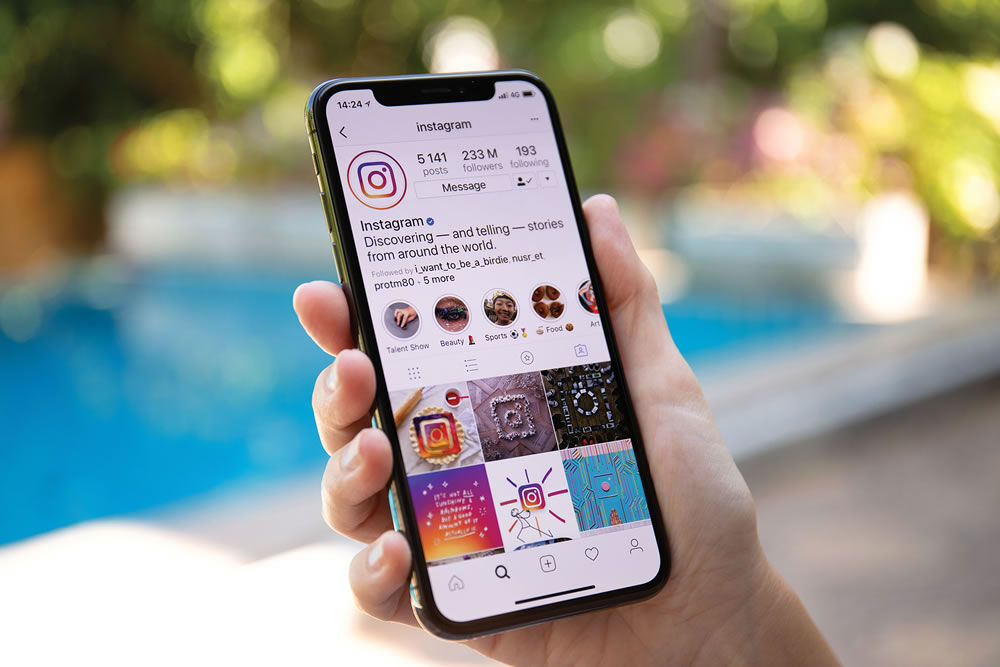
It is natural to want to share photos and memories but know your audience. Does it need to be to all your followers, or could it be to a limited group? Indeed, Instagram have a helpful feature of sharing stories or posts to ‘close friends’ only. Another option is to post details of the holiday once you have returned home, meaning that the risks discussed above no longer apply.
However, it is important to also consider whether your destination is a frequent holiday spot for you (for example, if it is your family holiday home). Do you want to alert people to this? Overall, it is advised that you always minimise any sharing of your location when travelling.
And make sure friends and family do the same
It is not just your own posts, but those of people connected with you that can cause issues. Similar to the screenshotting issue discussed above, family and friends can tag you in posts that reveal your location or that you are away from home. Particularly with Gen Z and Gen Alpha, there is more of an expectation that every action should be curated and shared with those outside their immediate inner circle.
Have these open conversations in advance of travels to set expectations and make it clear what you are happy with and what you would prefer is avoided while you are on holiday.

Be conscious of the safety of your Wi-Fi connection
When you are away from home, and particularly when you are travelling abroad, it is much more likely that you will use free Wi-Fi services to connect to the online world. Unsecured networks in restaurants, hotels and airports are very handy but do come with a risk of your information being exposed since they are unlikely to be encrypted. This means that your data is not secure. It is much safer to use a legitimate and trusted virtual private network (VPNs that are paid for specifically to protect your privacy).
Further, when, or if, you log into your own accounts using computers available in an airport lounge or at your hotel, do make sure that you log out of your account completely at the end of the session. While this may seem obvious, it is commonly something that people forget.
Protect your devices in advance
Any device that you take outside of your home needs to have increased protection to ensure your data is kept safe. Before travelling, make sure any devices are updated with the latest malware software to give you as much protection as possible from an attack.
Ensure you secure your devices and accounts with strong passwords and take steps to have them encrypted – this means that even if your devices are stolen or lost, no one else can access the information.

Another important consideration is to password-protect any apps on your device, In particular social media and banking apps. Consider which apps you really need on your phone whilst away: it is advisable to temporarily remove these apps from your smartphone and reload them once you return. Apple iPhones have a helpful feature where you can simply remove an app from the home screen, rather than deleting it (along with its associated data) entirely.
Take only what you need
To ensure optimal privacy protection when travelling, we suggest refraining from taking many devices with you. If you are an individual with multiple mobile phones (for example, a work phone and personal phone), choose one to take with you. The same goes with other devices, such as laptops and tablets.
Be careful about your documentation too. Only take what you need and ensure that you have copies of your passport, travel documentation and insurance that can be stored in a safe place in the event that the originals are misplaced. You can also take photos of these documents which you can keep password-protected on your device.
Lastly, always make sure that any important data is backed up at home (on a hard drive or cloud server) so that if any data is lost, you can restore it easily.












